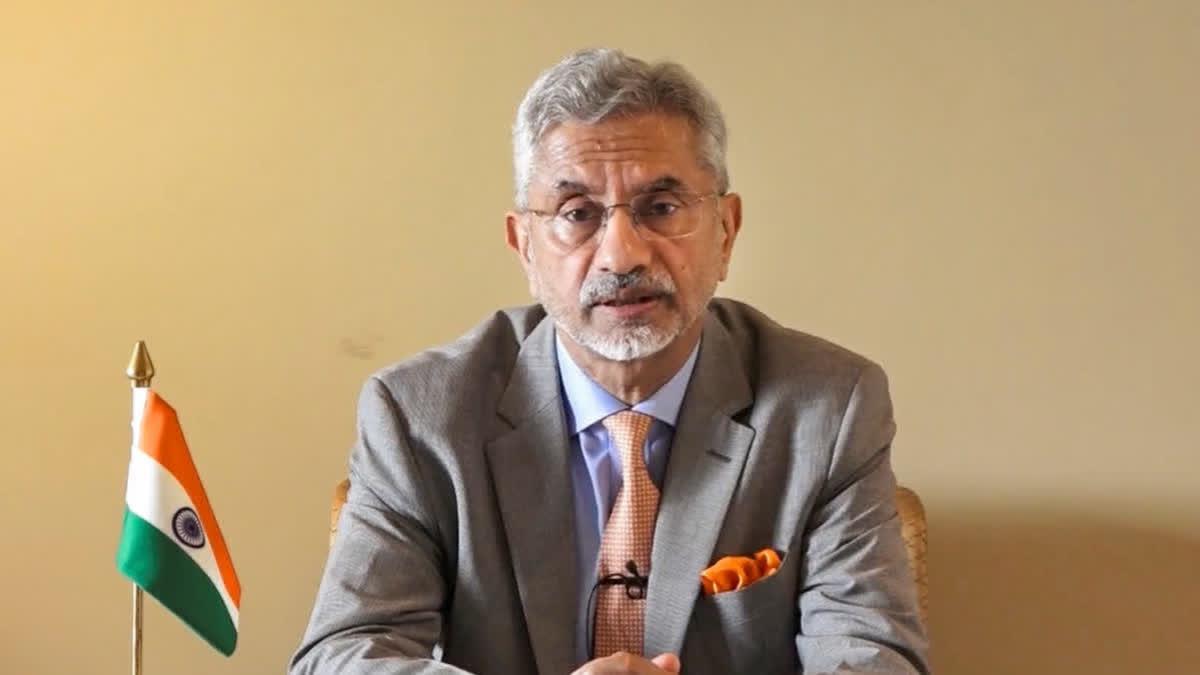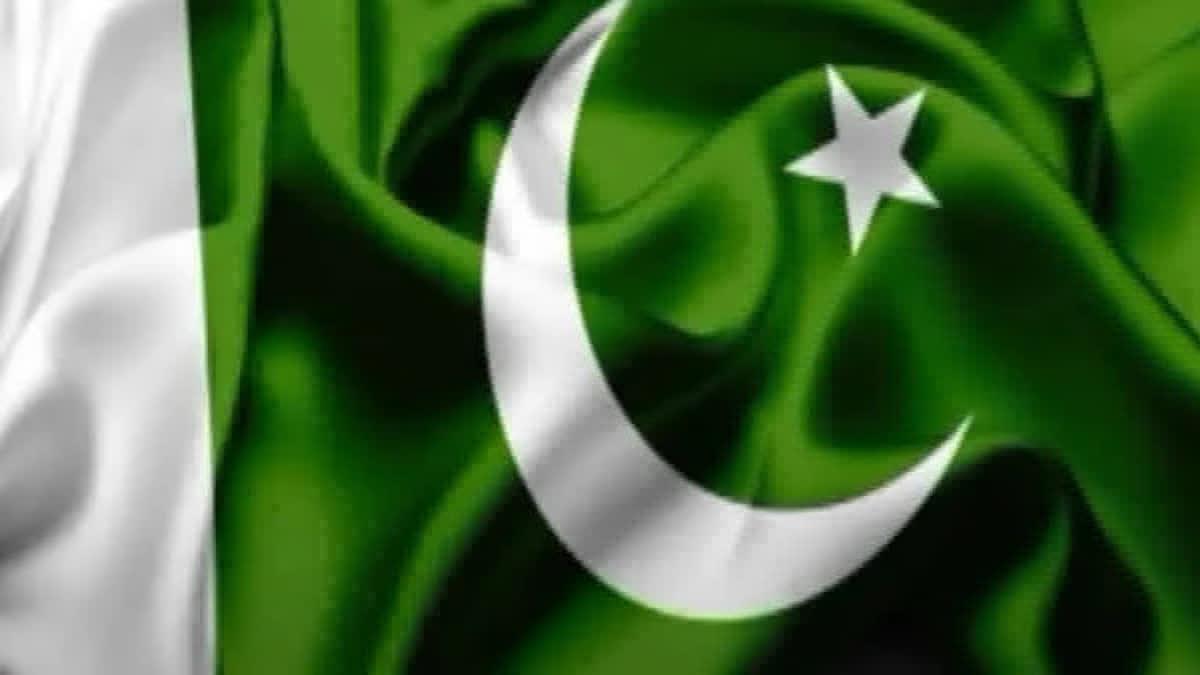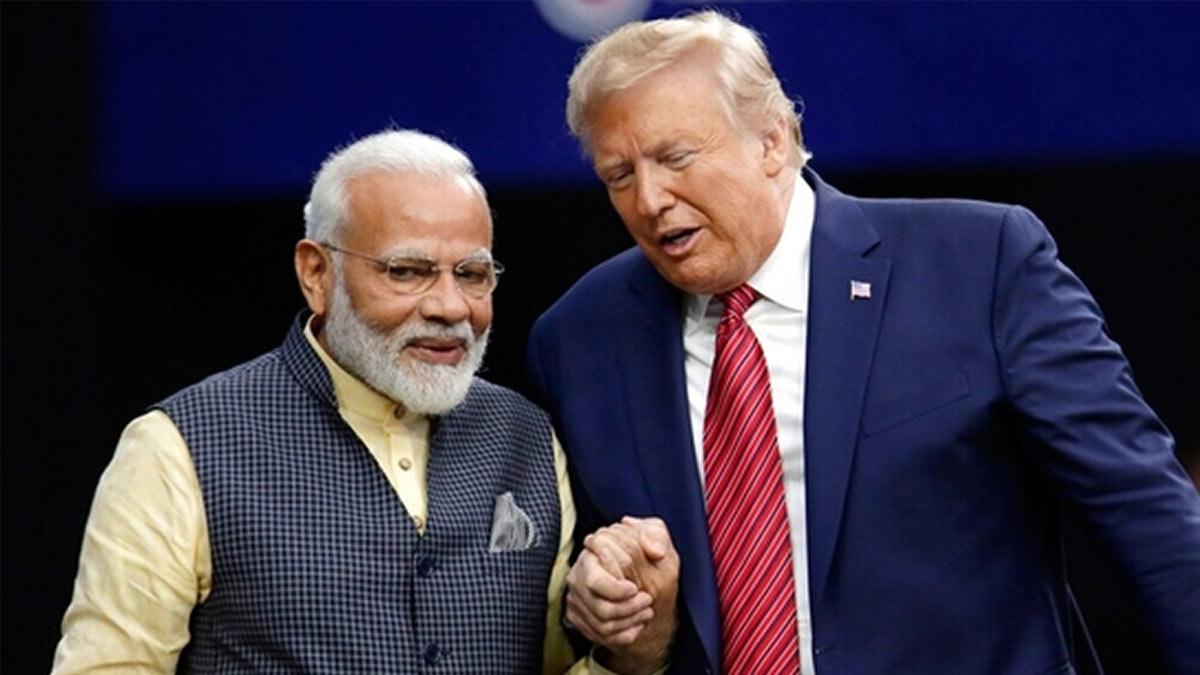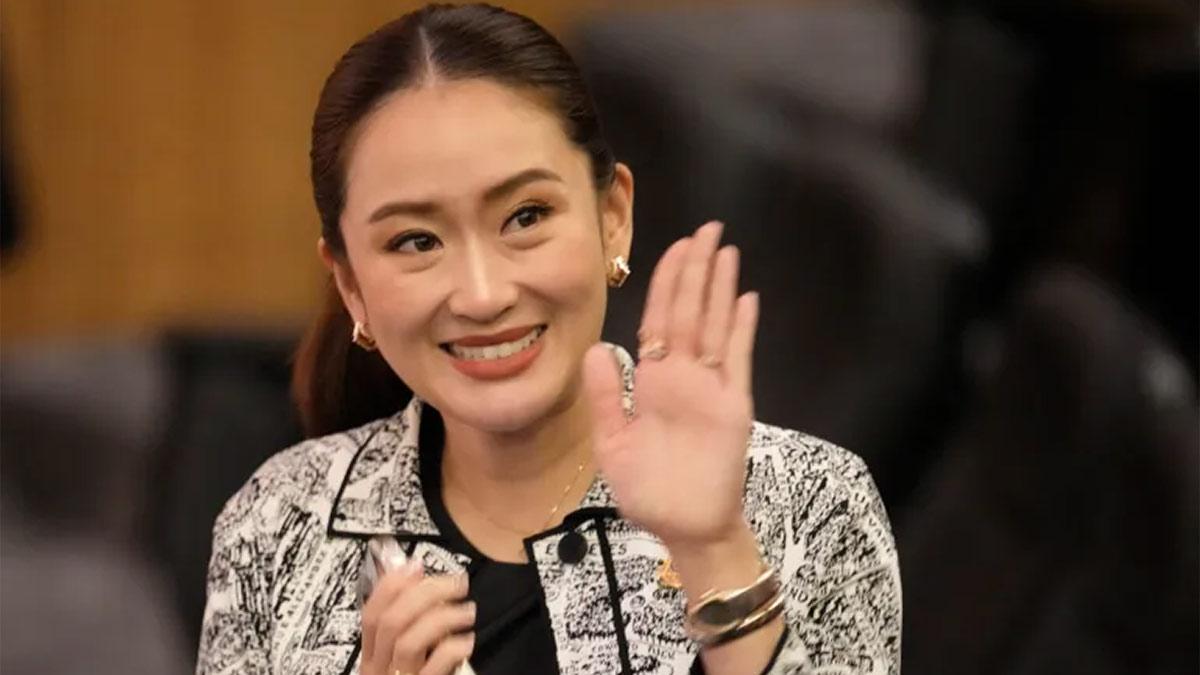Indian Foreign Minister S. Jaishankar has called the recent terror attack in Pahalgam, Jammu and Kashmir, a strategic attempt to paralyze the tourism sector of the region—an "act of economic warfare."
Speaking in plain language, he reaffirmed India's determination to respond to terrorism emanating from Pakistan without being deterred by nuclear threats.
Jaishankar in an interview with Newsweek in New York stoutly rejected the claim of US President Donald Trump that a possible trade agreement was employed to coerce India and Pakistan into agreeing to a ceasefire in the wake of India's Operation Sindoor in May. He shared an experience of being alongside Prime Minister Narendra Modi when US Vice President JD Vance called on May 9 in the evening. Trade was never discussed during the conversation from the Indian side, Jaishankar said.
"I can tell you that I was present in the room when Vice President Vance called Prime Minister Modi on the evening of May 9 to say that the Pakistanis would make a very large attack on India.We did not accept certain things, and the Prime Minister was immune to what the Pakistanis were going to do," Jaishankar remembered.
He pointed out that PM Modi did not retreat and intimated that India would surely retaliate, sketching the course of diplomatic and military events which followed.
Jaishankar assured that Pakistan did launch a mass-scale attack during the night, but Indian forces retaliated quickly. The next day, he met with the US Secretary of State, Marco Rubio, who communicated that "Pakistanis were ready to talk." In the very same afternoon, Pakistan's Director General of Military Operations, Major General Kashif Abdullah, phoned India's Lieutenant General Rajiv Ghai directly to offer a ceasefire.
"So, I can only speak to you from my own experience what transpired," Jaishankar said in a fireside chat with Newsweek CEO Dev Pragad.
Speaking about the April 22 terror attack in Pahalgam, Jaishankar emphasized that the attack was motivated with twin intent—to inflict damage on the economy by assaulting tourism and to set fire to communal passions.
"It was an economic warfare. It was to kill the tourism in Kashmir, which was the hub of the economy. It was also to incite religious violence since people were requested to declare their religion prior to killing them," he clarified.
India, he said, had reached a point where allowing terrorists to operate with impunity was no longer acceptable. He challenged the conventional notion that cross-border positioning offers militants a layer of protection.
"So we determined that we can't allow terrorists to operate with impunity. The notion that they're on that side of the border, and that, therefore, sort of thwarts retribution, I think, that's an argument that needs to be shattered, and that is what we did," he said.
Following the Pahalgam tragedy, India initiated Operation Sindoor against terrorist infrastructure in Pakistan which was thought to be controlled by the Resistance Front, an organization linked to Lashkar-e-Taiba and reportedly supported by Pakistan.
Trump's Version Refuted
In spite of repeated denials from Indian authorities, President Trump, at a media conference in The Hague last Wednesday, reasserted that he had been instrumental in ending hostilities with trade pressure.
"I wrapped that up with a series of phone calls on trade," Trump said. "I told them, 'Look, if you're gonna fight one another. we're not doing any trade deal.'"
Both sides reacted with some urgency, Trump said: "You have to do a trade deal," he said.
Jaishankar disagreed forcefully with that description, saying trade and diplomacy had been addressed as distinct issues.
"I believe the trade folk are doing what the trade folk ought to do, and that is to negotiate numbers and lines and products and make their tradeoffs," he said.
"I believe they're very professional and very, very focused," the Minister concluded.
Read also| Pakistan, China and Bangladesh Plot New Regional Bloc to Supplant SAARC, Report Says
Read also| Tehran Calls on UN to Act Against US, Israel Over Conflict, Seeks Compensation


















